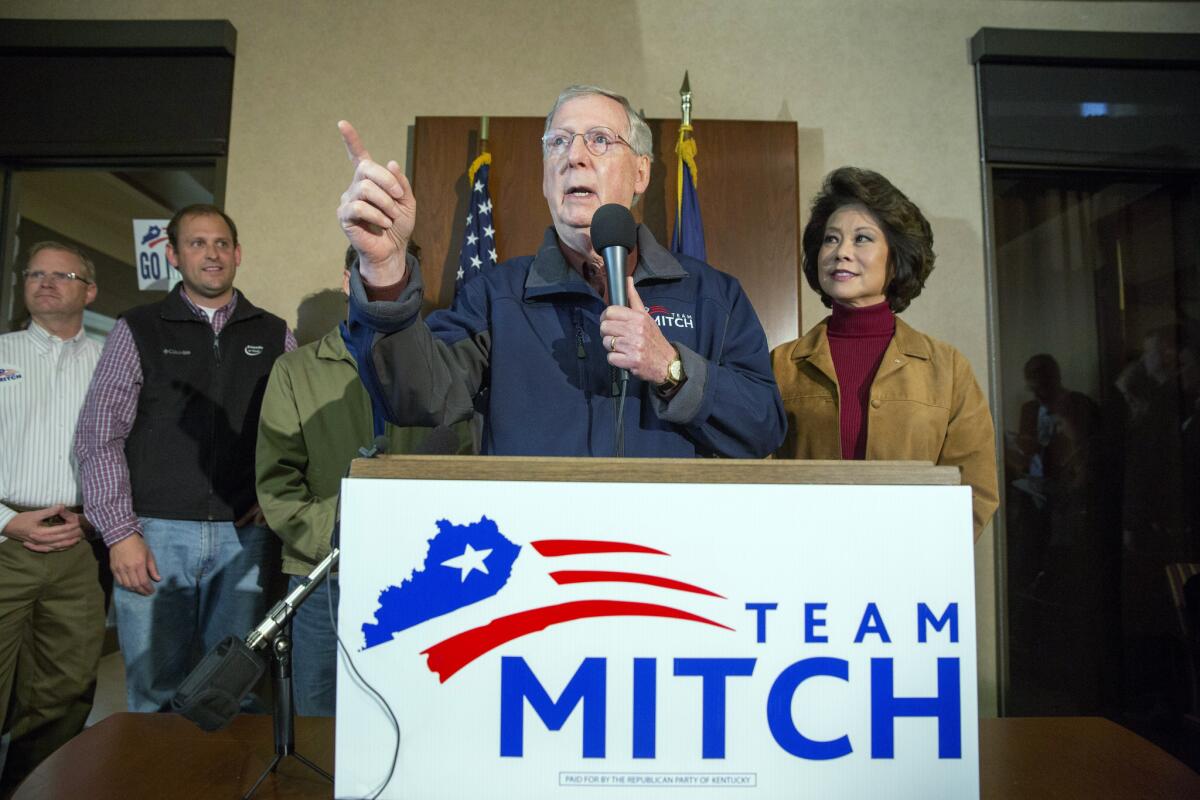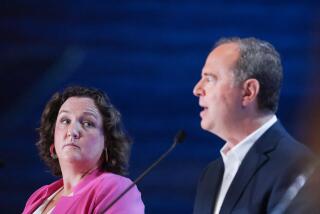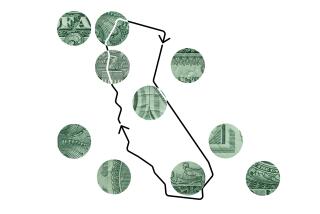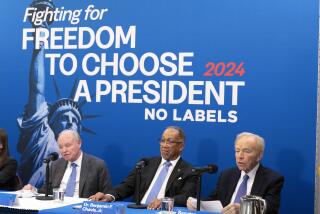How the IRS ‘scandal’ put American democracy up for sale: A case study

Well-timed to coincide with both the terrors of Halloween and the eve of the election, the Center for Public Integrity delivers a horrifying story about how our lax enforcement of nonprofit regulations led to a torrent of mystery money in a key Senate race this year.
The race is the challenge of Senate Minority Leader Mitch McConnell by Democrat Alison Lundergan Grimes. At this writing, most polls are finding the race too close to call. The money--possibly as much as $14 million--has flowed into the race via a previously moribund nonprofit and tax-exempt organization called the Kentucky Opportunity Coalition.
The group is designated a 501(c)4 “social welfare” organization. By law, that means it’s not allowed to engage primarily in electoral politics. In exchange for that restriction, it’s permitted to keep its donors secret. That’s become a common loophole for political organizations hoping to operate in darkness.
As the center documents, the coalition has taken full advantage of the privilege of anonymity while flouting the politics rule. It’s responsible for fully one out of every seven TV ads aired in the Kentucky race, or 12,000 out of 79,000 ads.
The ads have been relentlessly anti-Grimes and pro-McConnell. Just last week, the organization announced a $320,000 ad buy in Louisville and Lexington for an ad calling Grimes and her campaign “Desperate. Phony. Blatantly untrue.” The coalition’s own press release quoted its “senior advisor,” one Scott Jennings, stating: “Watching Alison Grimes nervously twiddle her thumbs while racking her brain for some pre-programmed talking point to an easy question was just too good not to put on TV.”
It’s proper to note that when the Kentucky Opportunity Coalition applied for tax-exempt status in 2009, it stated that it had no plans “to spend any money attempting to influence the selection, nomination, election, or appointment of any person to any Federal, state, or local public office.” Does it sound like it adhered to that pledge?
The Center for Public Integrity linked the coalition’s change of tone to the appointment last year of Jennings, a former aide to McConnell and President George W. Bush. That’s when the organization’s funding also stepped up, from a prior average of about $50,000 a year. And now the group has the gall to run ads accusing Grimes’ campaign of being “funded by the president’s moneymen.”
The Kentucky Opportunity Coalition case is reminiscent of the sudden injection of a big donation from an outfit called the Adam Smith Foundation into California’s Proposition 23 campaign in 2010. Out of nowhere, this Missouri-based foundation emerged to pump $498,000 into the Yes on 23 campaign, which aimed to overturn California environmental regulations. On Dec. 31 2009, four months before making the donation, it had $109 in its bank account.
Who put up the new money? The Adam Smith Foundation refused to say; you see, because it was a 501(c)4, it didn’t have to.
Hobbling the enforcement of 501(c)4 organizations was the real goal of Rep. Darrell Issa, R-Vista, and his merry band of IRS scandal-mongers last year. If you remember, Issa screamed bloody murder that the IRS was actually doing its job by examining whether C4’s actually were engaging in social welfare, or whether they were using that as a pretext for making political donations under cover of anonymity.
Issa claimed that the agency was targeting conservative groups; as it later turned out, the agency had scrutinized organizations on both side of the political divide. But starved of money, congressional guidance, and political support, it never did much of anything to hold its targets to the law. And now, of course, every IRS employee knows his job is on the line if he or she takes even a half-step to enforce the law.
The harvest is groups like the Kentucky Opportunity Coalition. It’s a rich crop. Well done, farmer Issa, well done.
Keep up to date with the Economy Hub. Follow @hiltzikm on Twitter, see our Facebook page, or email mhiltzik@latimes.com.







